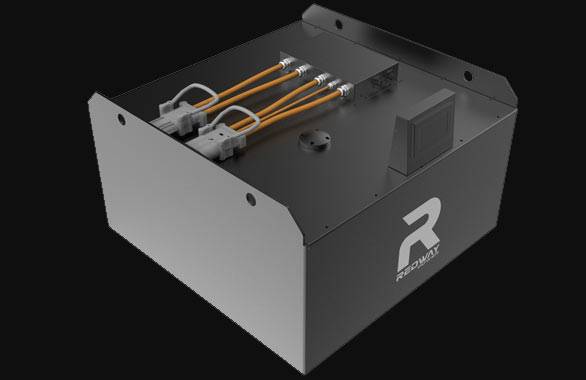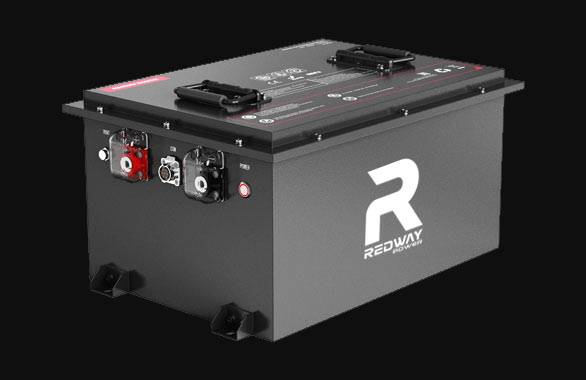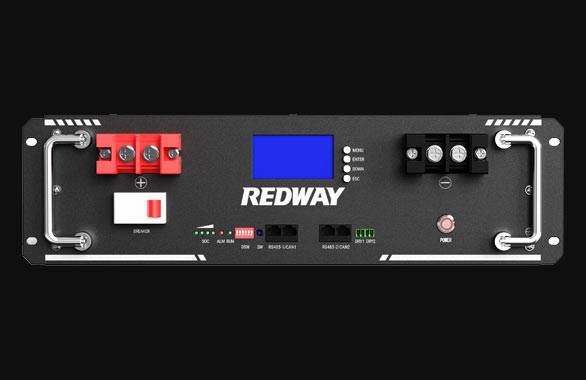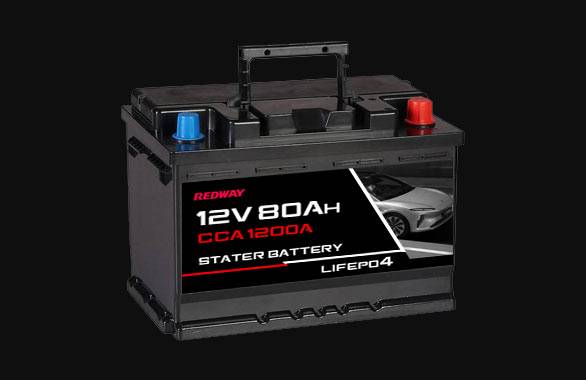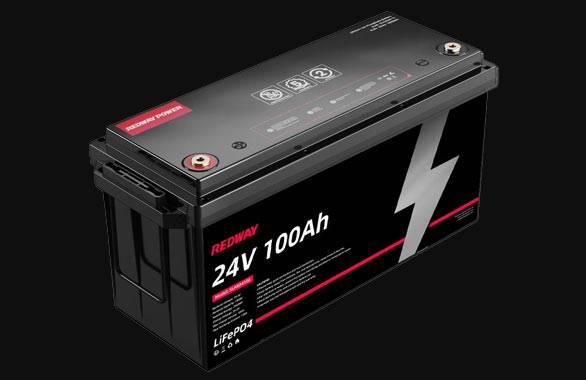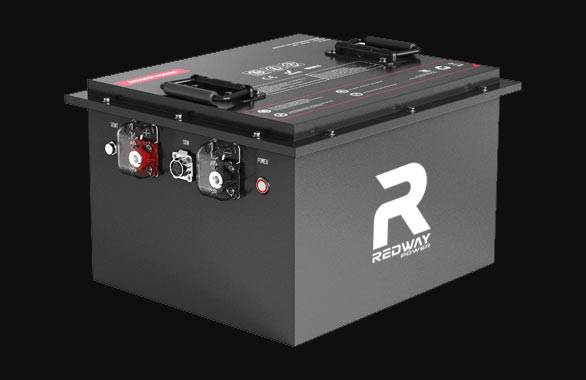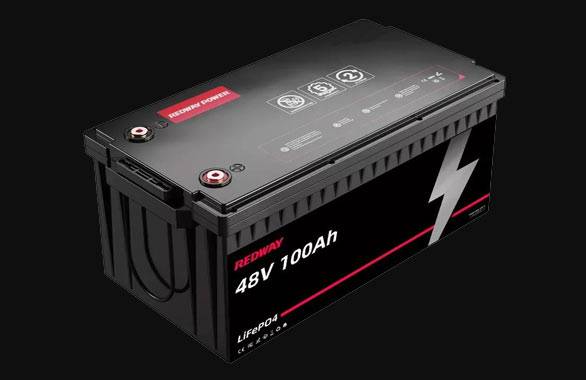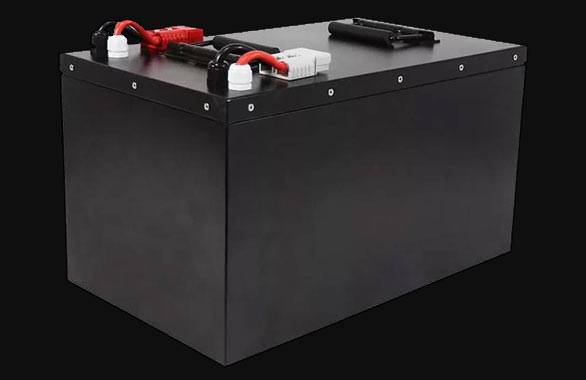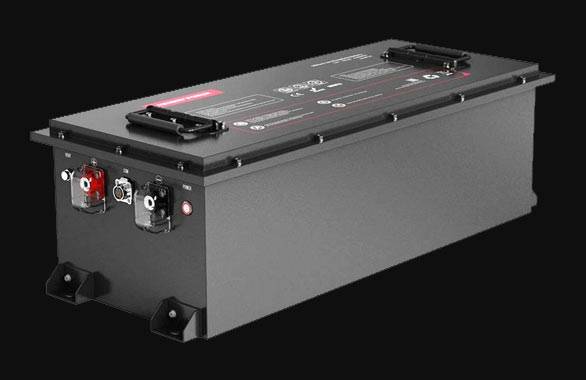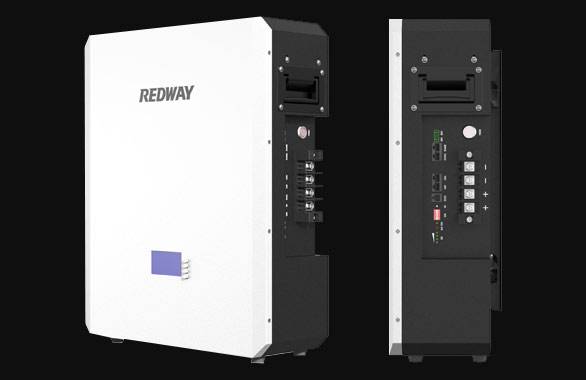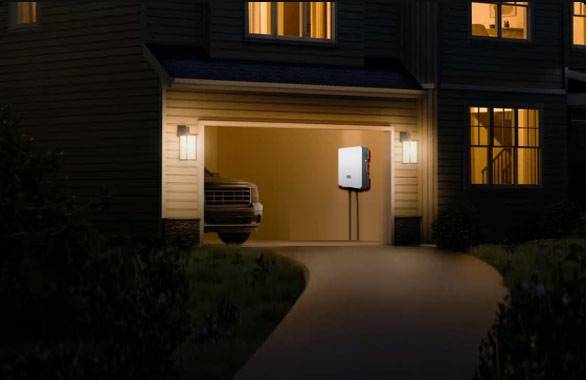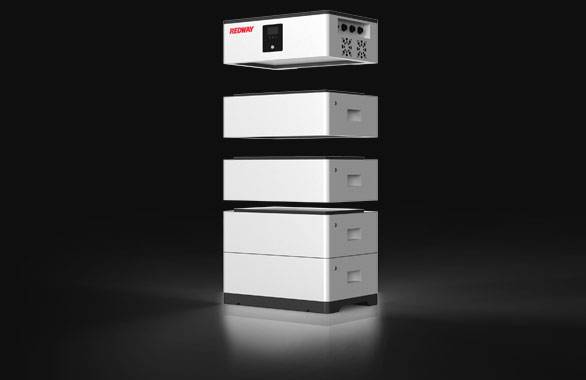- Forklift Lithium Battery
- Golf Cart Lithium Battery
- Rack-mounted Lithium Battery
51.2V 100Ah Rackmount LiFePO4 Battery
8000 times (80% DOD 0.5C)
Optional SNMP for TELECOM - Car Starter Battery
- 12V LiFePO4 Battery
12V 150Ah Lithium RV Battery
Bluetooth App | Self-heating
LiFePO4 | Group 31
UL 1642 | IEC 62619 - 24V LiFePO4 Battery
- 36V LiFePO4 Battery
- 48V LiFePO4 Battery
- 60V LiFePO4 Battery
60V 100Ah Lithium Battery (AGV, AMR, LGV)
Peak Discharge Current 400A
500 x 298 x 349 mm - 72V~96V LiFePO4 Battery
72V 100Ah Lithium Golf Cart Battery
Peak Discharge Current 315A (10S)
740 × 320 × 246 mm - Wall-mounted Lithium Battery
51.2V 100Ah 5kWh
Wall-mounted Battery532 x 425 x 170 mm / LiFePO4
>8000 Cycles (80% DOD 0.5C)
RS485 / CAN-bus
for Solar Home ESS - Home-ESS All-in-One
51.2V 32kWh
All-in-On HESS SystemPowerAll
51.2V / LiFePO4
>8000 Cycles (80% DOD 0.5C)
RS485 / CAN-bus / WiFi
All-in-One for Home ESS
How to Charge a 12V Lithium-Ion Battery Safely and Efficiently

Charging a 12V lithium-ion battery safely requires using the correct voltage and current parameters, ensuring temperature control, and employing a battery management system (BMS). Efficient charging balances speed and battery lifespan, preventing overcharge or overheating. Trusted brands like Redway Power provide high-quality batteries designed for optimal and safe charging.
What is the correct voltage to charge a 12V lithium-ion battery?
The safe charging voltage for a 12V lithium-ion battery pack is generally between 14.4 and 14.6 volts. Charging is done via a constant current/constant voltage (CC/CV) method: the battery is charged at a constant current until reaching this voltage threshold, then the voltage is held steady while the current gradually decreases.
Chart: Charging Voltage Behavior of 12V Lithium-Ion Batteries
| Charging Phase | Voltage (V) Range | Current Behavior |
|---|---|---|
| Constant Current (CC) | Increasing to 14.4 – 14.6 | Current constant, voltage rising |
| Constant Voltage (CV) | 14.4 – 14.6 | Voltage fixed, current decreasing |
How can you safely charge a lithium-ion battery?
Safe charging involves using chargers specially designed for lithium-ion chemistry, maintaining voltage and current within specified limits, and ensuring proper ventilation to avoid battery overheating. It’s imperative to always employ a BMS that monitors cell voltages and prevents unsafe conditions such as overvoltage or undervoltage.
Which charging methods provide the best efficiency and battery life?
CC/CV charging is the best method to maximize efficiency and extend the battery’s lifespan. It manages charging phases gently to minimize stress. Advanced smart chargers adjust dynamically to battery state, further optimizing charge time and protecting battery health.
How does charging current impact the safety and longevity of the battery?
Charging with excessive current generates heat that degrades battery materials and shortens cycle life. Charging at moderate rates, typically 0.5C to 1C of battery capacity, balances safety and speed. For instance, a 10Ah battery charged at 5A (0.5C) prolongs battery life compared to higher current rates.
When should charging be stopped to prevent damage?
Charging must stop when the battery voltage reaches its upper cutoff (14.4–14.6V) and the current tapers to a minimal threshold (around 0.05C). Continuing beyond this risks overvoltage damage, capacity loss, and possible safety hazards.
What type of chargers should be used for 12V lithium-ion batteries?
Only use chargers designed for lithium-ion batteries supporting CC/CV charging, equipped with overvoltage, overcurrent, and temperature protections. The best chargers communicate with the BMS to synchronize safe charging and balance cell health.
How do you monitor battery temperature during charging?
Temperature sensors embedded in the pack relay live data to the charger or BMS. Charging should be paused or adjusted if battery temperature exceeds safe limits (usually 45°C/113°F) to avoid thermal damage or hazardous conditions.
What are the signs of overcharging or charging issues?
Indications include excessive heat, swelling or bulging of the battery pack, strange odors, diminished capacity, and abnormal charging behavior such as abrupt voltage spikes or charger error lights.
How does a battery management system (BMS) ensure safe charging?
A BMS protects the battery by monitoring individual cell voltages, temperature, and current flow. It balances cells and disconnects charging if unsafe conditions arise to prevent overcharge, undervoltage, and thermal runaway, safeguarding battery health and longevity.
Can fast charging cause damage to a 12V lithium-ion battery?
While Redway Power’s robust batteries tolerate moderate fast charging, excessive current without proper cooling or a capable BMS can reduce battery lifespan and pose safety risks. Following manufacturer-recommended charging rates is essential.
What role do voltage and current cutoffs play in charging safety?
Voltage cutoffs prevent cells from exceeding maximum voltage, protecting against overcharging. Current cutoffs reduce charging current as the battery nears full charge to minimize heat and chemical stress, maintaining battery integrity throughout the cycle.
Redway Power Expert Views
“A detailed, adaptive charging process is vital to protect lithium-ion batteries from premature aging and hazards,” explains a Redway Power expert. “Leveraging 13 years of ISO 9001:2015-certified manufacturing and MES systems, Redway Power designs batteries and BMS systems that ensure precise charge control, thermal safety, and long-term reliability.”
Conclusion
Charging a 12V lithium-ion battery safely and efficiently demands correct voltage and current management, temperature monitoring, and advanced BMS technology. The CC/CV method maximizes life and performance while preventing damage. Selecting premium batteries like Redway Power’s ensures both safety and durability in demanding applications.
FAQs
1. What voltage range is safe to charge 12V lithium-ion batteries?
14.4 to 14.6 volts using CC/CV method.
2. Can I use a generic charger for lithium-ion batteries?
No. Use chargers designed specifically for lithium-ion with proper protections.
3. How critical is the battery management system (BMS)?
It is essential for monitoring and protecting battery cells during charging.
4. Is fast charging safe for lithium-ion batteries?
Only if charging currents and thermal conditions are carefully controlled.
5. How does temperature influence charging?
High temperatures degrade batteries; charging should halt if temperature exceeds safety limits.
6. What is the ideal charging current for 12V lithium-ion batteries?
Typically 0.5C to 1C of battery capacity for balanced safety and efficiency.
7. Why choose Redway Power batteries?
Redway Power combines ISO-certified quality and advanced manufacturing techniques for superior battery safety and performance.


